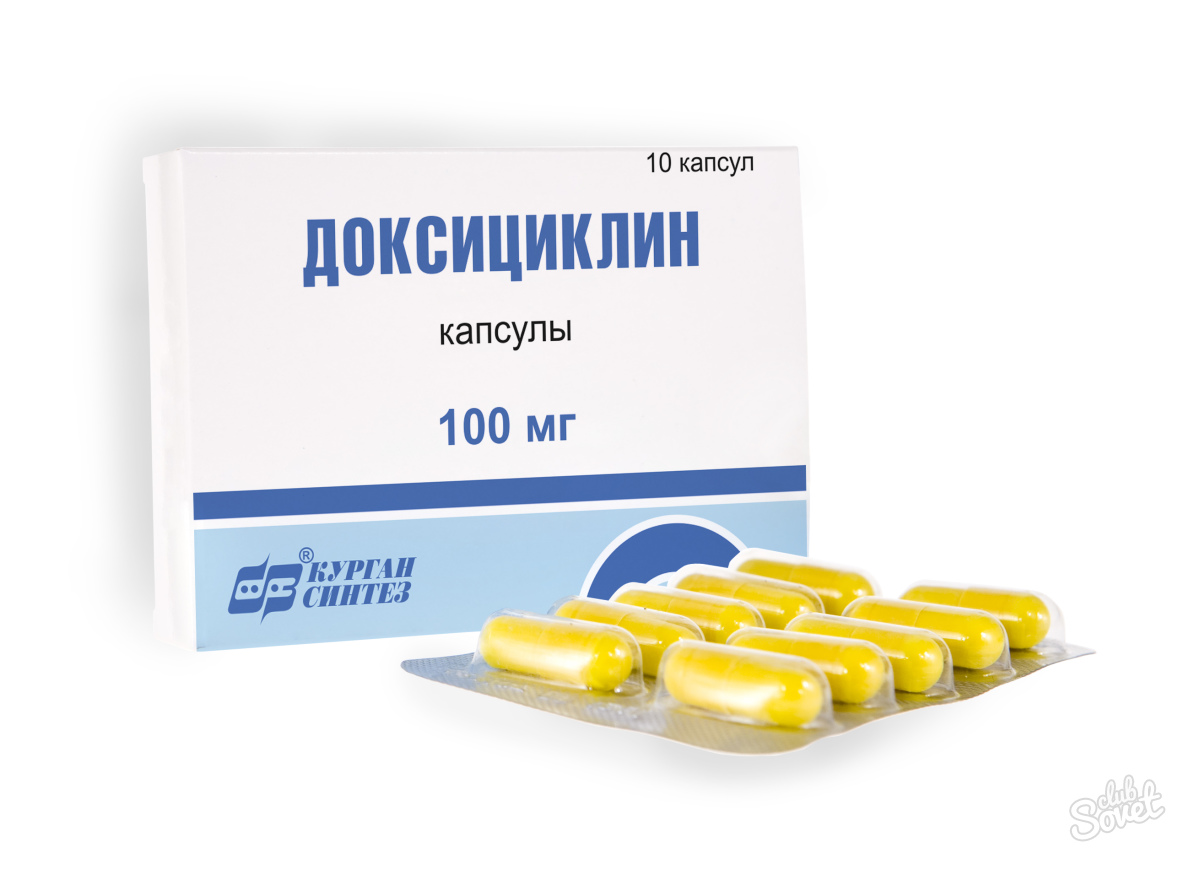The cause of intestinal infection is the presence of a variety of microbes in the human body. There are a lot of microbes, each of them causes certain harm to the human body. Depending on the type of microbes, the specialist prescribes the correct treatment.
Symptoms of intestinal infection
Symptoms of intestinal disease are extremely multifaceted. The signs of intestinal disorders that have appeared can be confused with other, even less serious ailments. For this reason, it is very important to contact a specialist for more detailed diagnostics. Symptoms of intestinal infection are considered:
- Gastritis. Sudden formation of heartburn, nausea, not rarely accompanied by vomiting.
- Enteritis. The disease of the small intestine, accompanied by bloating, sound signals of the intestine, liquid stool.
- Colitis. A disorder in which the grades in the abdomen and diarrhea with blood and various mucous impurities are observed.
- Intoxication. A sudden manifestation of headache, fever of more than 38 degrees, frequent vomiting.
- Dehydration. The need for fluid consumption, a rapid heartbeat, which leads the heart dysfunction.
- Hepatostergalia. Pathology in the liver and spleen, an increase in their volumes.
- Skin rashes. A symptom that is manifested by far from everyone who has grabbed the intestinal infection.
- Sharp loss in weight. This symptom signals the development of a complicated form of intestinal disorder.

How to treat intestinal infection - gastric lavage and diet
One of the most important procedures during the fight against intestinal infection. After washing the stomach, the patient is established to the patient. Only due to the strictest diet can this disease correctly cure. The following products will benefit:
- yogurts and other sour -milk products;
- dishes, steaming;
- tightly brewed tea;
- blueberry.
It is worth noting that all fried and fatty foods, vegetables and fruits in raw form should be strictly excluded, otherwise the patient will cause more harm to his body.

How to treat intestinal infection - fluid consumption
During intestinal disorder, the human body needs to fill fluid and salts. Therefore, experts recommend drinking as much water as possible and prescribe medical products such as re-hydrone and citroglucosolan.
This procedure consists of two stages:
- A certain amount of liquid is prescribed, which must be drunk for the first 4-6 hours.
- Next, you should maintain the body with fluid. To avoid repeated dehydration, the doctor prescribes a lost volume that needs to be used for every 4-6 hours.
As a rule, the attending physician does not prescribe water consumption in its pure form, special above -mentioned solutions with partial consumption of water, tea or mineral water provide a more effective result.

How to treat intestinal infection - dropper
With a high loss of liquid, the patient is prescribed to replenish the lost due to drip procedures. To begin with, various colloidal solutions are administered, after which the body is filled with glucose-salt solutions.
These drugs are administered to replenish the lost fluid in 50% volume. The specialist should observe the procedure for introducing lost water in order to analyze the work of the bladder and the body as a whole.

How to treat intestinal infection - sorbents
Such drugs as activated carbon and carbolong will not harm. These drugs are sold in any pharmacy in the form of tablets.
Polyphepan in the form of granules, and the powder medicine of Smecta will help alleviate pain during intestinal infection. In addition, these drugs will come to the rescue at a time when microbes cause significant damage to the gastrointestinal tract.
A distinctive sign of smecta from polypepan is considered an almost complete absence of contraindications. This drug is allowed to use children of any age.

How to treat intestinal infection with surrounds
Loperamide and trimbutin medical remedies are able to slow down the contractions of the intestinal walls. Treatment with these drugs is spelled out for children at least 3 years old and adults in capsule form during active diarrhea.
Somato-Statin is often used for intravenous administration to the patient. This drug helps to make up for the lost fluid, get rid of liquid stool and normalizes the work of the gastrointestinal tract.
During the fight against intestinal infection and taking strong medications, dysbiosis often develops. If such problems are detected, the following drugs should be used:
- Bifiko;
- Linex;
- Koli-bacterin;
- Bifidum-bacterin.

How to treat intestinal infection with antiseptics
The most popular antiseptics for the fight against intestinal infection are the following medications:
- Intestopan;
- Intetricks;
- Enterosediva;
- Ersfuril.
These medications actively help to disinfect the human body, fight harmful bacteria. As a rule, they are used for severe diarrhea.

How to treat intestinal infection with antibiotics
Experts prescribe the strongest drugs to those in whom intestinal infection has been highly developed. As a rule, it is supported by various complications, with which ordinary medications are not able to cope.
The attending physician may prescribe medications:
- Cephabol or Ceftriaxone - these medicines are intended for intravenous or intramuscular administration.
- Ciprinol, Tarivid, Nolicin or Maxakquin - these medications are administered either intravenously or orally, in the form of tablets.
- Vibramicin or doxal - drugs have a large list of contraindications. It is strictly forbidden to use people under 8 years of age, women during the period of bearing the fetus and lactation. It is also recommended to limit the use of medicines to people suffering from serious diseases of the liver and kidneys.
- Amikacin, non -nrimicin, gentamicin - antibiotics have a number of contraindications and side effects. As a rule, children are not prescribed due to increased risk of negative consequences. Medical remedies are administered in two ways - intramuscularly or intravenously.

Cholera treatment during intestinal infection
The development of complications in the form of cholera is treated with doxycycline, erythromycin and other antibiotics. These medical funds are used for 5 days only if the body has already received the missing amount of fluid, and vomiting has stopped.
If dehydration has reached its peak, then drugs such as tetracycline and levomicetine are administered using a dropper.
































Useful article. I also first encountered intestinal infection in a child. Probably picked up in the pool. The doctor prescribed us for the treatment of Enterofuril in the suspension. It does not harm the normal intestinal flora and eliminates the main cause of diarrhea - pathogenic microbes.
And in such a situation, the doctor prescribed to us Enterosgel, because microbes must be removed from the body, because when they die, toxins are produced and this is very bad. And Enterosgel is just this part.
There is always little pleasant poisoning, that's for sure.
reidron helped me
The hospital also said that the evaporation of one of the important points. He was hard for the child drank salty water, poured it with a spoon. The intestinal antiseptic Enterofuril plus was prescribed to him, also strict diet.